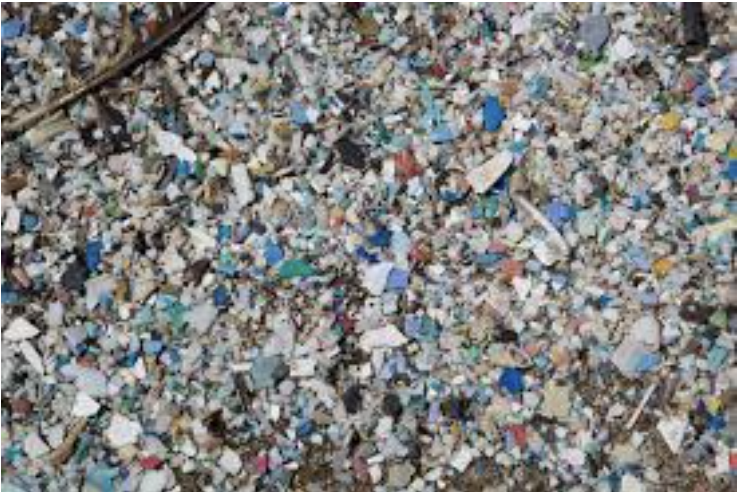Beware our own destruction: The impact of pollution on our environment
Pile of garbage in the Pacific Ocean.
The ocean is essential for next to every living organism on the planet. Whether that be humans who enjoy the beach, boating, or swimming to animals that live in the ocean and their existence is based on how clean the environment is.
It is estimated that 18 billion pounds of plastic waste are dumped into the ocean each year.
China emits the most Co2- (carbon dioxide )in the world at around ten million tons per year, with the US right behind them at five million tons emitted per year.
The effect of Co2 on the environment could be catastrophic. When Co2 rises in the atmosphere it traps heat, causing the Earth to warm and melting the polar caps. If the polar caps melt it would raise sea levels, causing places like Florida and the Netherlands to be flooded.
The polar ice caps also have the responsibility of reflecting light rays from the sun. If the polar ice caps can’t reflect light, the sun will warm up the Earth to a point beyond survival.
The common person has more of an impact than one would imagine. Simple things such as unnecessary driving, leaving the water running, leaving lights on longer than essentially needed, exhaling personal dregs, etc.
Biology teacher Matt Ewald explains what could prevent pollution in the future and what we humans can do.
“The biggest factor is reliance on oil for energy, big farms around the world with chickens and cows, and we need to be more aware of what we don’t need to use more than what we do for natural environments.”
A simple solution, especially for those who live in cities, is public transport. It’s cheap and consumes less gas since fewer vehicles are used.
A common misconception is that electric vehicles (Tesla, Prius) are better for the environment. Electric vehicles rely on batteries to power them and those batteries require lithium. Lithium mining, like all other mining, is exceptionally harmful to the environment, in accordance with Climate360 News.
Lithium mining can result in water shortages, degradation of soil, loss of biodiversity, and an increase in global warming.
The question is, however, is lithium mining worse than oil extraction?
Lithium mining (although still harmful) is better for the environment than oil drilling, as reported by Changeit.
When oil spills occur they have a ghastly effect on water life. When marine life is exposed to oil it can result in reduced growth, enlarged livers, changes in heart and respiration rates, fin erosion, and reproductive impairment. Oil spills have the potential to last for 15 years, with some lasting even longer before completely vacating.
On that note, in the Pacific Ocean, a menace grows larger by the day.
According to The Great Pacific Garbage Patch • The Ocean Cleanup, The Pacific Garbage Patch (a collection of trash) grows by 1.15 to 2.41 million tonnes per year. The Garbage Patch is already 1.6 million square kilometers (or approximately 600,000 square miles). To put it in perspective, Germany alone is 357,587 square kilometers.
Around a million seabirds and about 100,000 seabirds are affected every year by pollution in the Pacific. Common litter that affects sea life are plastic bags, fishing lines, fishing nets, and other equipment often kill and harm.
If people took the time to recycle, dispose of trash the right way, and be more mindful of the environment, the impact on it would be less negative and it would be more well off.
Your donation will support the student journalists of Highlands High School. Your contribution will allow us to cover our annual website hosting costs.



